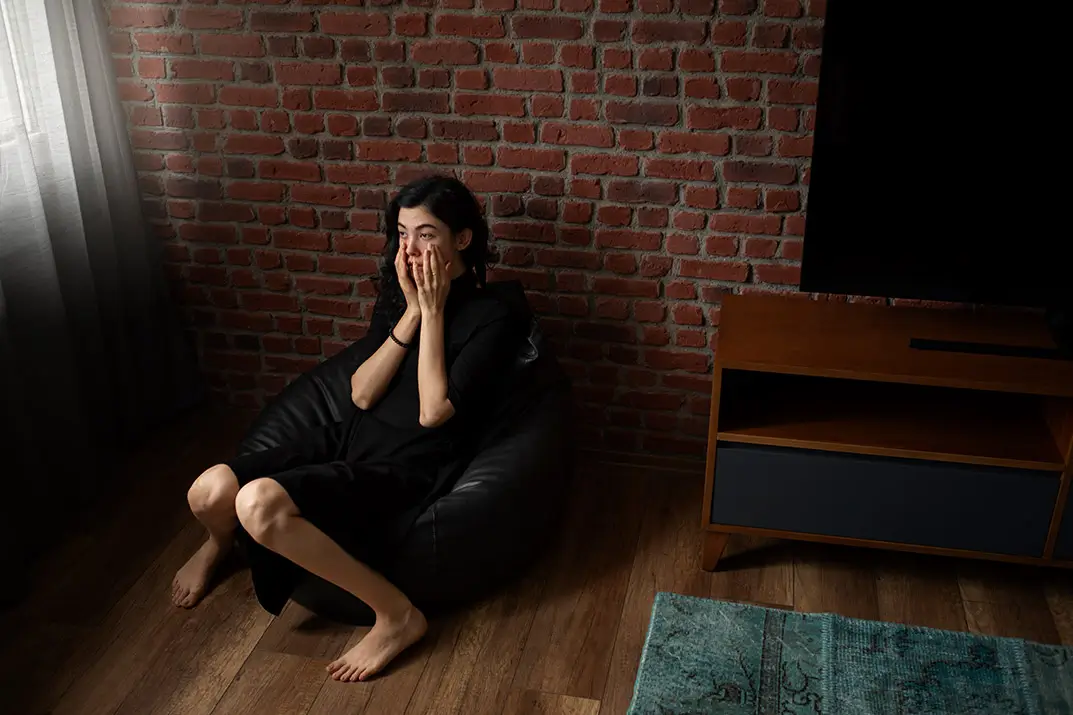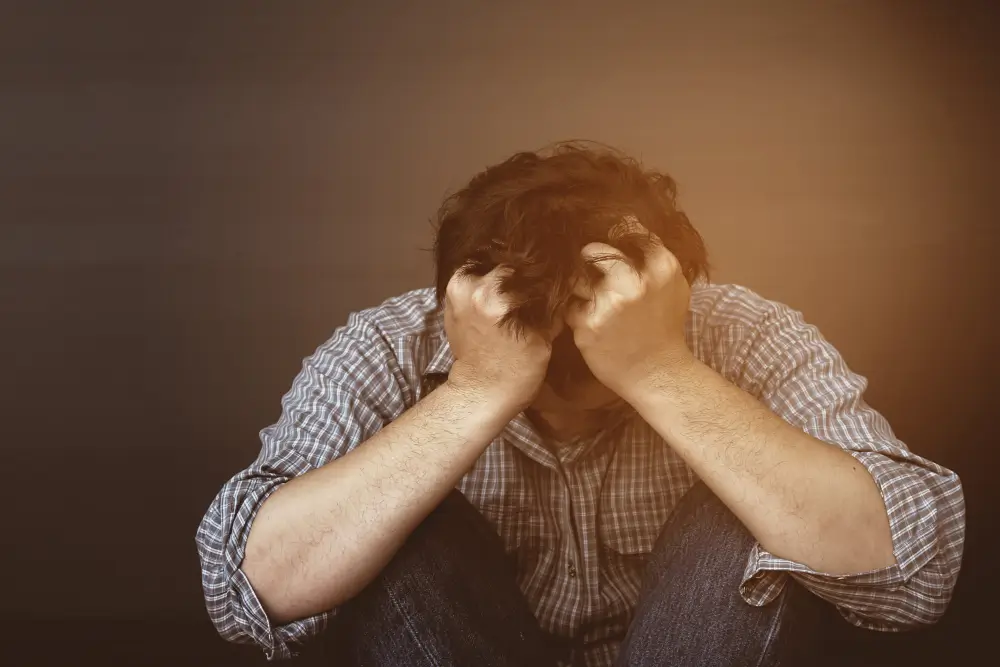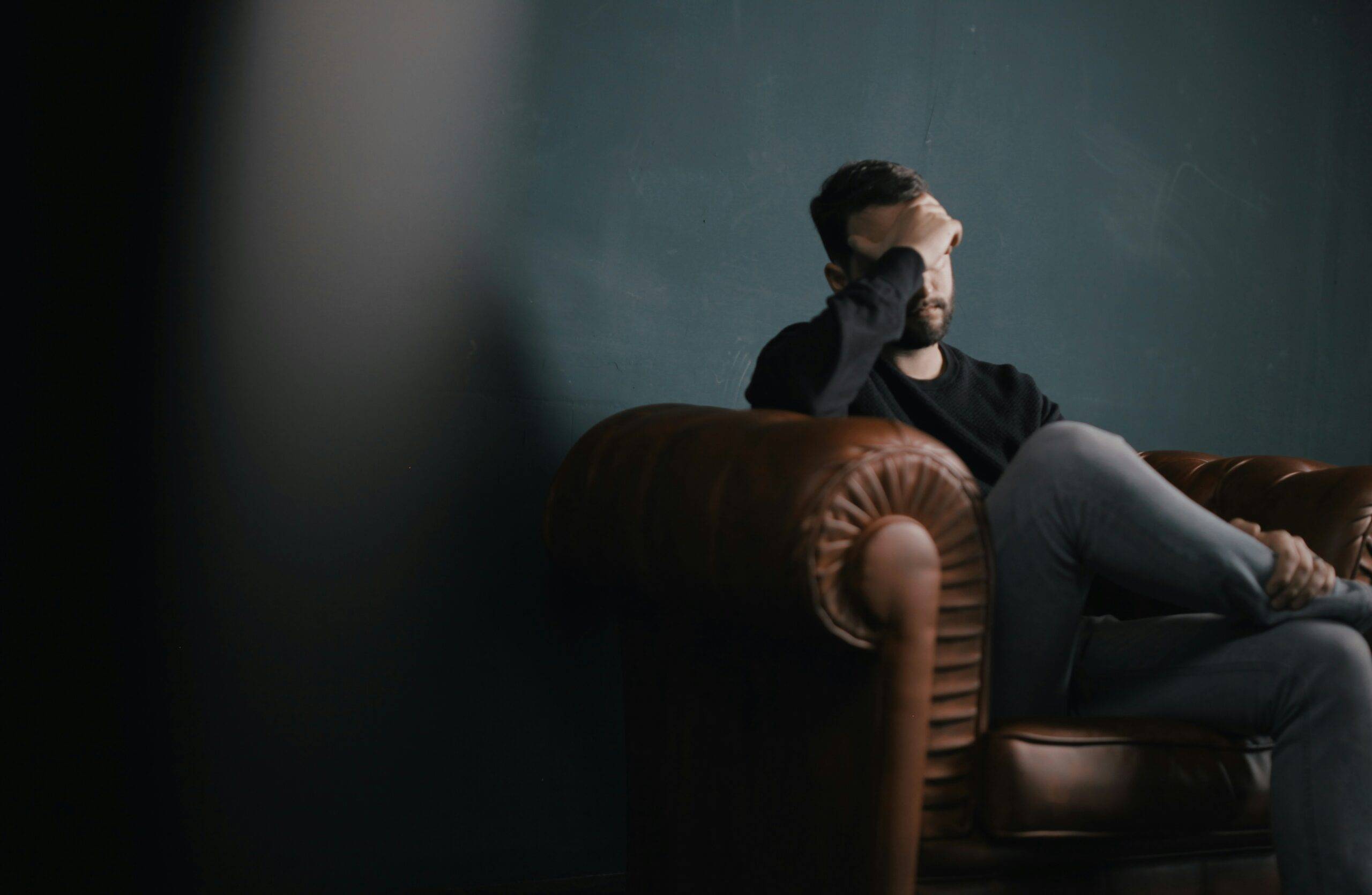Do you know group therapy activities for teens are useful in solving mental health issues? It is important to solve mental health issues because according to the report of 2015-2016 in India, aged 13-17 years, teens face a severe mental illness of 7.3%, which increased during COVID-19. The data define the importance of therapy activities for teens. The activity is in the form of an individual and a group. Activity helps teens develop and balance emotional challenges, peer pressure, and academic stress. Also, allows teens to think positively and improve their skills to cope with problems. In this blog, we will discuss group therapy activities for Teens that help them with their mental well-being.
Concerned About Your Teen’s Stress and Anxiety?
How group therapy activities for teens can promote positive mental health?
Therapy activities for teens promote positive mental health. These activities allow teens and adults to express their thoughts and emotions freely without validation. The benefit of group therapy activities for teens is that it helps them with coping skills to fight difficult situations easily. Also, it increases self-awareness, improves communication skills, develops self-esteem, and improves emotional well-being and resilience. Moreover, these therapy activities build a positive relationship between the therapist and the teenager. Also, it creates an environment of trust and support for teenagers for their growth and healing.
7 effective group therapy activities for teens and adolescents
Therapy activities help teens and adolescents open up, develop, and improve their lives. These activities can be talk therapy, group therapy, creative methods, and more, depending on individual preferences. Let’s know the types of group therapy activities for teens.
1. The Candy Game
It is a game that helps teens and adults open up about their emotions during sessions. The patients and therapies have small bags of M&M’s or Skittles. In the bag, a code links each candy color to a particular emotion.
For example:
- Red = Angry
- Yellow = Happy
- Blue = Sad
- Green = Shocked
In this game, patients take candy from the bag and, according to the color, share their emotions or past experiences. In this way, therapies can understand patient issues.
2. Gratitude Scavenger Hunt
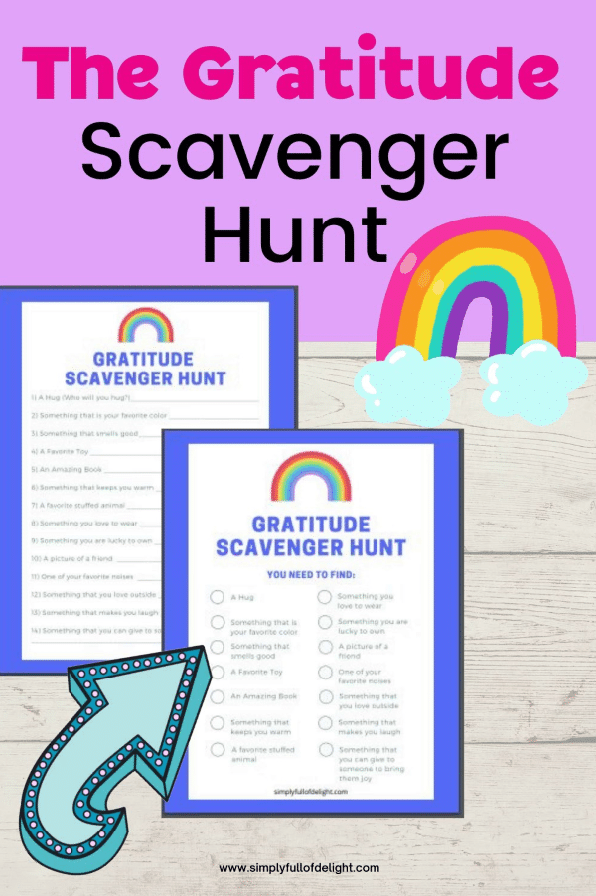
According to Harvard Medical School research, expressing gratitude makes a person happy. Also, it develops a positive relationship with others and increases the strength of a person to do things in life.
To play this game, teens and adults must look around their room for personal and outside things. For example, finding a favorite dress for which they are grateful.
3. Exploding Balloons
In Exploding Balloons games, the client and the therapist both have a balloon. The therapist asks the patient to think of a situation that makes them angry but does not discuss it. After that, the therapist blows some air into a balloon. Then, the therapist asked about another situation that made them angry, and the therapist blew more air into the balloon. These things continue until the balloon pops.
From these games, teenagers and adults learn how holding anger and their emotions inside of them creates problems. So in this therapy, patients learn how to express their emotions with loved ones and people around them.
4. Talk-it-out Basketball
This game is helpful for people who face trouble sitting. In this game, therapists ask patients to help develop questions to write on index cards and stick them to the floor in a room with masking tape. The rule of the game is that standing on the question and answering it gives you half points and the other half points for making the shot.
5. Hopes and Fears Tree
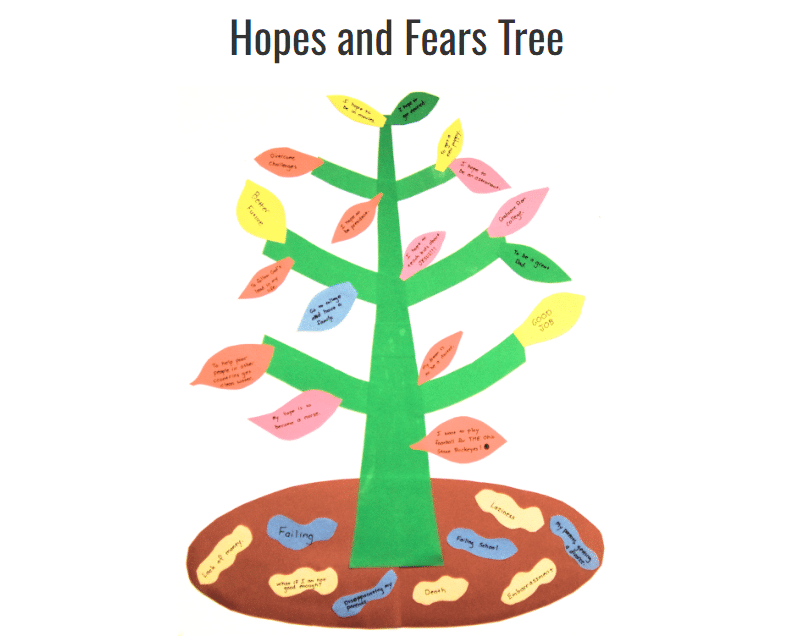
Art is one of the expressive use methods for teens and adults for whom sharing their feelings or thoughts verbally is difficult. When teens and adults draw hopes and fears trees, they can talk about their goals and uncomfortable emotions that hold them back from achieving goals. On the tree leaves, ask teens to write their dreams. Under the tree, draw worms where they write fears.
The therapist explains to patients instead of running away from fears, they can identify and face them. The worms in the picture show that worms help fertilize the tree, so patients’ dreams will be achieved in such a way.
6. Yoga

According to several studies, yoga helps people with anxiety disorders, sleep, and stress. The yoga practice helps in mindfulness, helping individuals stay present and manage their thoughts. It improves sleep quality, enhances emotional resilience, and provides a sense of calmness. Additionally, the focus on yoga fosters overall good mental well-being.
For doing the yoga, take the yoga mats, play the soothing music, and enjoy the yoga.
7. Make a Self-Esteem Mirror
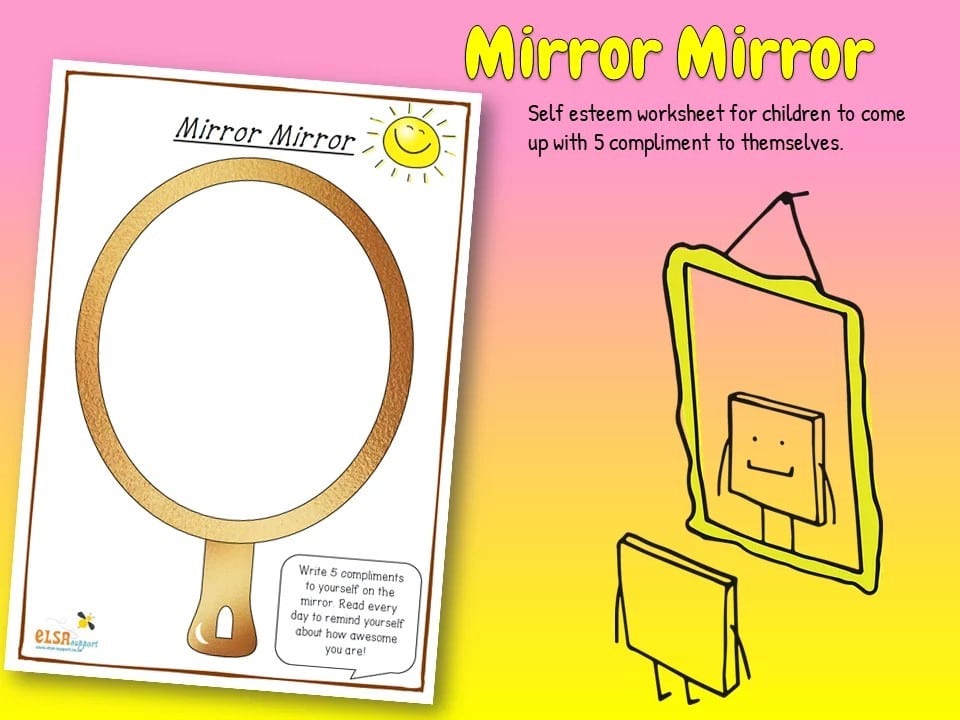
The therapist helps clients develop self-esteem with the mirror because confidence helps them achieve everything in life. In this activity, therapists ask teens and adults to create a personalized mirror for themselves, adding colors, charms, and words that describe them so that self-esteem builds.
Creative group therapy activities for teens
Creative activities for teens offer a place for teenagers to express their emotions and inner worlds. It can happen in the form of art, music, and drama.
1. Art therapy
In art therapy, various art mediums, such as drawing, painting, and sculpting, express the person’s thinking and emotions. When people are not able to express themselves with words, it is one of the beneficial methods for those who struggle to express themselves.
2. Music therapy

Do you ever feel happy or sad or cry when listening to music? Yes, it is because of the lyrics of the music. The music lyrics, sound, and rhythm help in emotional release and self-awareness. When music therapy is used, teens explore different genres of songs that can resonate with their emotional experiences. In this form, a person knows about their emotions without any judgment.
3. Drama therapy
Drama therapy is a place where the role-play method is utilized. In this therapy, teens step into the shoes of different characters and explore the characters’ perspectives and emotional states. As a result, teens learn how to be empathetic and provide self-reflection, which helps their development. Also, teach them how to cope with problems and express emotions that they find difficult to express.
Experiential group therapy activities for teens
Experiential therapy activities for teens focus on engaging teens and promoting personal growth and emotional well-being. These activities help teens to self-expression and develop essential life skills. Let’s understand the type of Experiential therapy activities.
1. Animal assistance therapy
It is the therapy where patients are introduced to animals like dogs, horses, or dolphins where the stress and anxiety are reduced, increase self-esteem, and communication skills. Animals accept and provide unconditional support to teens so they can open up themselves.
2. Outdoor therapy
In outdoor therapy, a natural environment is used where teenagers hike in nature and walk, which reduces stress, improves emotional well-being, increases mindfulness, and helps in personal growth.
3. Adventure therapy
Adventure therapy pushes teenagers or removes them from their comfort zones because they participate in outdoor activities like rock climbing, ropes courses, etc. This activity helps teens face their fears, assists in developing problem-solving skills, builds confidence, and learns life lessons.
Mindfulness-based group therapy activities for teens
1. Meditation:
Meditation introduces teens and adults to mindfulness, where they focus on the present without judgment. Meditation helps teens manage stress and anxiety effectively, helps develop self-awareness and emotional well-being, and promotes overall mental well-being.
2. Relaxation Techniques:
Relaxation techniques help calm the minds of teens and adults and increase focus in daily life. The techniques include relaxation, such as deep breathing exercises, muscle relaxation, and guided imagery. When you incorporate relaxation techniques into routines, stress levels are reduced, sleep improves, and the ability to cope with challenging situations is enhanced.
Your Journey to a Brighter Tomorrow
FAQs
1. How can art therapy help teens express their emotions?
Art therapy helps teens express thoughts and emotions with visual art. It is a method of non-verbal communication and self-expression. Art therapy provides a safe space and creative outlet for patients who struggle with verbal expression to explore and understand their thoughts, feelings, and emotions.
2. What are the benefits of experiential group therapy activities for teens?
Experiential therapy helps in the treatment of behavioral disorders, trauma, eating disorders, drug addiction, and compulsive behaviors. Additionally, patients can cope with past pains and harmful memories. It is helpful for those who want to change their relationships with others. Experiential therapy helps a person learn how to cope with painful memories and guilt.
3. How do group therapy activities for teens benefit?
Group therapy activities for teens offer a supportive environment where they can share experiences, develop coping skills, and gain insights. Also, it helps improve communication and empathy, fostering emotional growth and resilience.
Conclusion
In conclusion, group therapy activities for teens are crucial in promoting positive mental health and fostering personal growth. Whether through traditional talk therapy, creative therapy like art, music, and drama therapy, or experiential activities like animal assistance and outdoor and adventure therapy, these interventions provide places for expression and development. The innovative activities, such as the Candy Game, Gratitude Scavenger Hunt, and Talk-it-out Basketball, create safe spaces for teens to share their emotions and experiences. Ultimately, these therapeutic approaches aim to enhance self-awareness, communication skills, self-esteem, and emotional well-being, building a foundation for trust and support between therapists and teenagers to help in their journey toward growth and healing.
Calusa Recovery is a South Florida depression treatment and addiction treatment facility that provides efficient care for co-occurring disorders. Our specialty at the South Florida depression center Calusa Recovery is treating co-occurring mental health disorders with addiction, with better results. Our recently remodeled space is secure and encouraging for every client during this moment of profound change in their lives.


